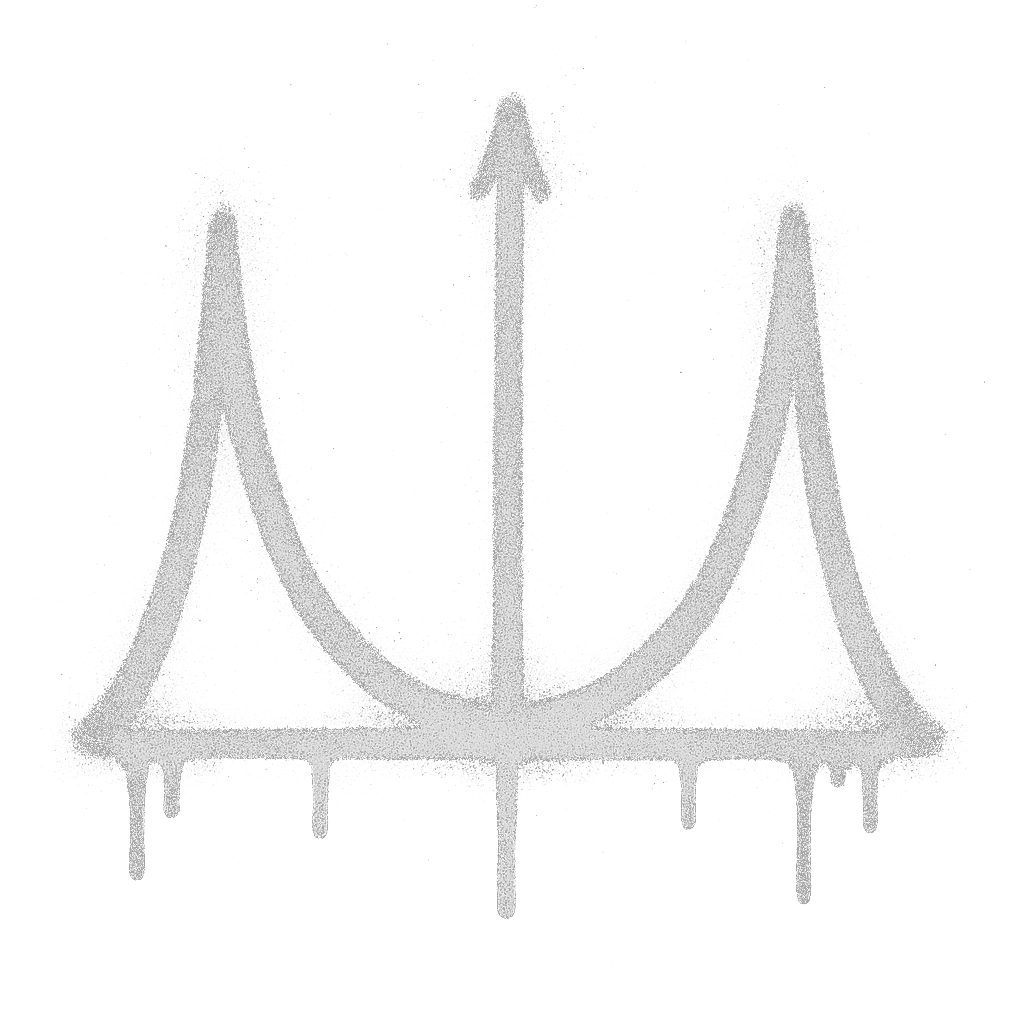Science is an Extreme Phenomenon
If science is a strong link problem then, all else being equal, we should expect the best science to be at the extreme ends of any spectrum we use to measure it. Great science is probably (but not always!):
Pure or applied, but not in between.
Seemingly obvious or bafflingly obscure.
Led by a research celebrity or a total unknown.
The best of a crowded field or a desperately lonely effort
How much work science takes is also a spectrum and so great science is probably a sudden discovery or a massive pile of hard labor. How massive? Maybe enough so that hundreds of people spend their whole careers piling data so that one of their successors can find a pattern.
This possibility is why science can be a strong link problem AND still need ordinary working researchers.
The challenge is that it is easy to waste the efforts of ordinary researchers. A key question is then how can we make sure that their work is either deeply interesting to them individually or undeniably critical to a large group effort? If we fail, they are likely to land in the unmotivated middle where perverse incentives take over. What we call scientific misconduct is a predictable response to extrinsic motivations. Stronger and more widespread intrinsic motivation should eliminate much of it.



True and I love this framing yet we still gatekeep with the concept of PhDs invented when we sliced the universe into ever finer vertical domains and abolished autodidacts, and antidisciplinary polymaths. I’m curious how we let them back into the fold, akin to when the “age of wonder” invented the word scientist after so long claiming the domain belonged to “natural philosophers.”